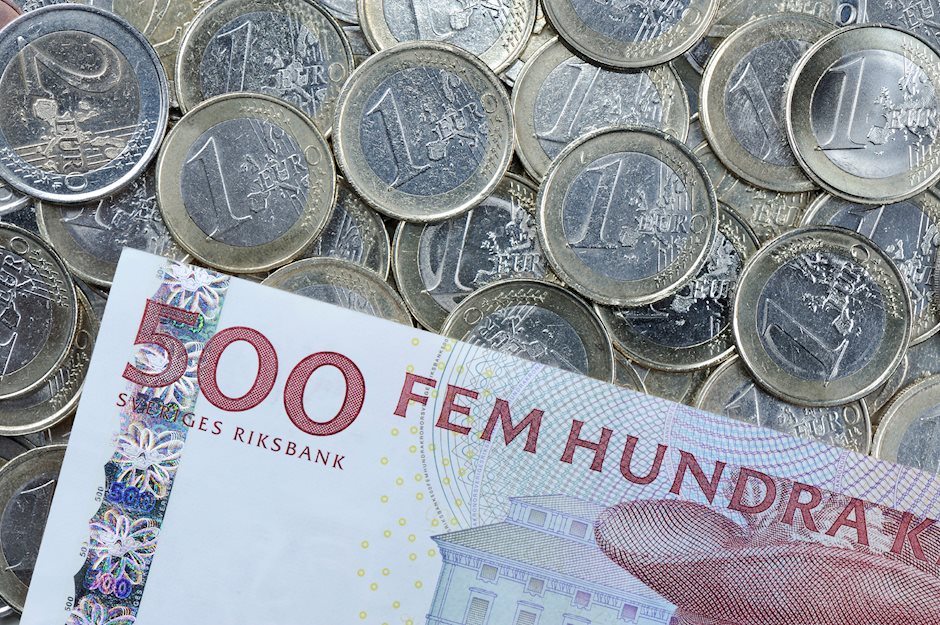EUR/SEK: Recovery or expansion phase? - Rabobank

Jane Foley, Senior FX Strategist at Rabobank, suggests that although EUR/SEK has been slow to react to the likelihood that rate differentials should move in favour of the SEK, the sharp fall in the value of the currency pair this month has signalled a rapid covering of short positions.
Key Quotes
“We see further downside potential in EUR/SEK in the coming months.”
“Since its high on May 3, EUR/SEK has dropped by around 3%. The trigger for the move were comments from Riksbank Governor Ingves that “there is not that much” that would indicate that the krona will weaken further. The publication of the minutes of the April Riksbank policy meeting on May 8 provided further fodder for the rebound in the SEK.”
“In Skingsley’s view the Swedish economy is “past a recovery, we’re in an expansion phase”. The government is forecasting growth of 2.8% in 2018 slowing to 2.2% in 2019. She is also optimistic on inflation stating that it is “close to 2%” and that “inflation expectations are now more or less anchored again”.”
“There was clearly plenty of discussion amongst policy-makers as to how the extended period of SEK weakness would impact the outlook for inflation going forward. The publication of Swedish April PPI data on May 24 may provide some early insight.”
“In addition to currency weakness, the Riksbank will also be assessing the impact of the government’s budget on demand and inflation potential going forward.”
“Looking ahead the Riksbank is set to retain a cautious outlook on policy. Fears that inflation expectations may not be well anchored and concerns over falls in house prices will ensure that policy normalisation follows a gradual pace. That said, it is our view that the ECB’s caution is likely to be even greater. Although we expect the ECB to phase out its asset purchase programme by the end of this year, we see no rate hike until September 2019 and then anticipate this could be small 10 bps increments with would not bring the discount rate to zero until around March 2010. We expect EUR/SEK to be trading around 10.00 at the end of the year.”
Author

Sandeep Kanihama
FXStreet Contributor
Sandeep Kanihama is an FX Editor and Analyst with FXstreet having principally focus area on Asia and European markets with commodity, currency and equities coverage. He is stationed in the Indian capital city of Delhi.

















